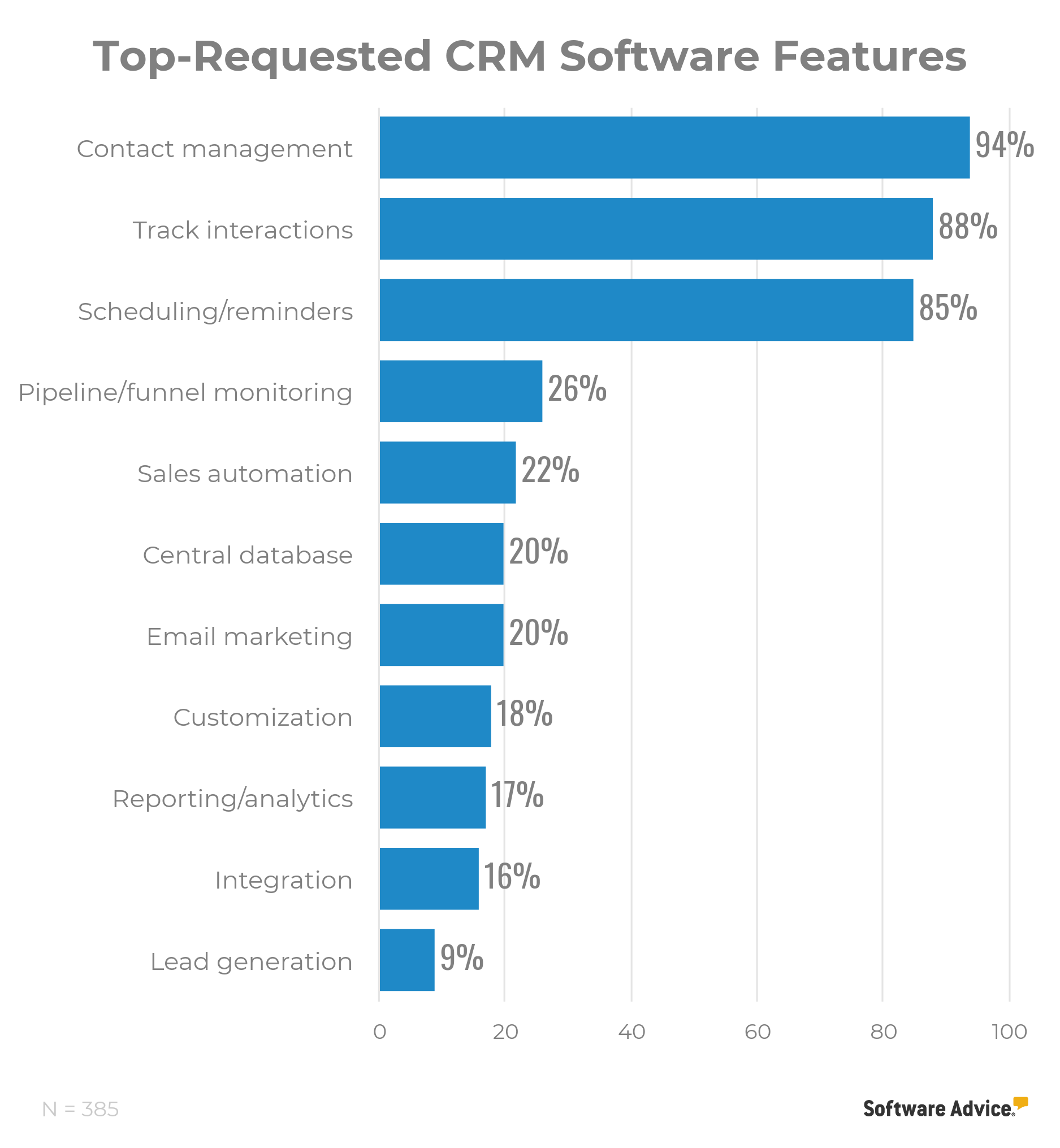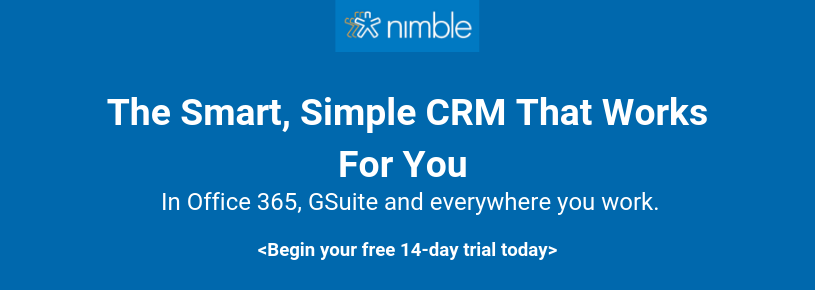Currently, the CRM software market is the fastest-growing segment of the entire software development. According to Grand View Research, it will reach $80 billion by 2025! It’s pretty logical. Customers demand a better and better experience. They want to get the most convenient service regardless of the target goal so all industries require elaborate CRM solutions.

The fight for the customers’ attention and loyalty may be extremely wild. Thus, effective software can be a game-changer. We’re going to show you the most recent trends in CRM development and implementation to clarify things with this tech. Valuable industry insights can help managers implement new programs carefully and get the best ROI. Still, it’s important to conduct own research to understand CRM better.
The State of Modern CRM Systems
Before the trends, we propose to review the nature of CRM. In a nutshell, customer relationship management is a business approach to work with clients. Any company can implement it. According to key ideas, CRM is based on the efficient analysis of the users’ data that helps to build stable and profitable relations.
However, today, this abbreviation is often understood as a specific software program focused on realizing the mentioned strategy. CRM solutions help businesses to gather, save, analyze, and visualize data. They act as one-stop shops for employees working with clients. Despite apps are useful for all industries, there are a few CRM types by functions:
- Analytical. Focuses on collecting and understanding info about clients. It helps to target the audience better and deliver more demanded products/services.
- Operational. Brings automation to sales, marketing, and management. Improves the lead generation and reduces expenses on routine work.
- Collaborative. Allows companies to share data between teams and/or businesses. Ensures higher quality thanks to the simultaneous work of different departments.
As a result, CRM apps boost customer experience greatly. They help to deliver the most tailored offers, impress people with personalized attitude and optimize internal processes related to data. Among several key functions, employees love contact management, track interactions, and scheduling. But CRM ideas evolve. And we see new trends.

CRM Trends for 2019
Now, let’s move to the list of actual trends in the world of CRM. Some of them are based on new technologies while others are the results of changing customers’ minds. Pay attention to each point to understand the main direction. But don’t focus on the blind implementation of all the described features because it all depends on the company’s goals and limitations. Choose stuff to work on based on the combination of factors, not only on the popularity.
1. Artificial Intelligence for Better Performance
AI is a buzzword that is known as a magic wand to solve all scalability and profitability issues. While this tech isn’t perfect, it can help in a number of ways. Talking about CRM, AI-driven systems may speed up and automate many routine things, including tracking of customers’ behavior, gathering data, analyzing insights, creating reports, and more.
Particularly, AI platforms will be useful for innovative voice recognition. In this case, employees will be able to interact with the software quicker by reducing manual typing. Simultaneously, they will get more valuable info by analyzing how clients talk to their interfaces. In total, AI-based CRM apps could increase the revenue by $1.1 trillion by 2021.
2. Internet of Things for Predictions
In the modern era, every business focuses on its customers. Full personalization, various offers and services, tailored messages, and more – companies try to please their clients to create brand advocates. With IoT, this task becomes easier. CRM systems connected to devices can collect data directly to provide even more specific insights into each client’s life.
For instance, it’s possible to connect a CRM to wearables to learn basic health parameters of a person, track his/her movements, check GPS data, and so on (with previous consent, of course). With this benefit, companies can understand the clients even better. IoT gadgets help businesses to predict the needs and deliver demanded products/services quicker.
3. Omnichannel Solutions for 360-Degree Experience
New IoT devices, advanced smartphones, tablets, even VR gadgets – there are a lot of new touchpoints that companies can use to attract clients. The catch is to provide equal opportunities for all channels. Mainly, CRM apps are focused on mobile systems now. However, other tools should be used, too. This approach will help to please different segments of the audience.
It’s important to remember that new tools and technologies emerge over time. That’s why the best CRM programs are highly-scalable and can cover all sides of customer experience. For business owners, it’s essential to monitor all the new trends to integrate channels on time. It’s even more important for competitive industries like retail and banking.
4. Social Media for Perfect Personalization
Continuing the previous point, we shouldn’t forget about the brightest innovation of this century. Social media projects unite customers and let brands to conduct deep research. Look at Cambridge Analytica. Using Facebook and Big Data, these guys influenced whole countries. There are billions of people who’re ready to share their info. It’s a goldmine.
Social media can enable the rise of hyper-individualization. According to this concept, companies deliver products/services targeted at every single customer instead of the whole audience or specific groups. Still, this strategy is wholesome as it requires not only social media pages but other channels, too.
5. Ultimate Self-Service Apps for Independence
Another important trend that emerges today is focused on smooth interaction between clients and businesses. There are a lot of people who want to get full control over their data and orders. For this, enterprises can create special platforms with user accounts. Don’t forget to set access levels for platforms that combine profiles of clients and workers.
Talking about exact industries, this approach is the most beneficial for insurance companies, banks, and other institutions that work with sensitive data. In the finance sphere, transparency and integration are based on the recent open banking initiatives. But almost any company can provide customers with self-service options.
Conclusion
Today, new CRM options and ideas emerge regularly. Software solutions benefit from new technologies like AI, blockchain, and robotics automation. New demands of customers lead to new ways of interaction, for example, based on social media. In the development segment, offshore software outsourcing becomes more and more popular as it replaces internal analogs. Overall, CRM systems tend to turn into more powerful solutions that go beyond original tasks.
It doesn’t matter which business are you running or plan to launch. CRM applications are essential for all companies that need to optimize their customer relations. The only thing you should remember about concerns your firm’s objectives. Say, a small retail shop wouldn’t need the most comprehensive AI-driven chatbot or a large multi-layer database. Similarly, big corporations would want to install the most powerful CRM modules.
Thus, choose wisely. The listed trends are actual for the whole industry but only you can choose which ones are required for your business. Good luck!


